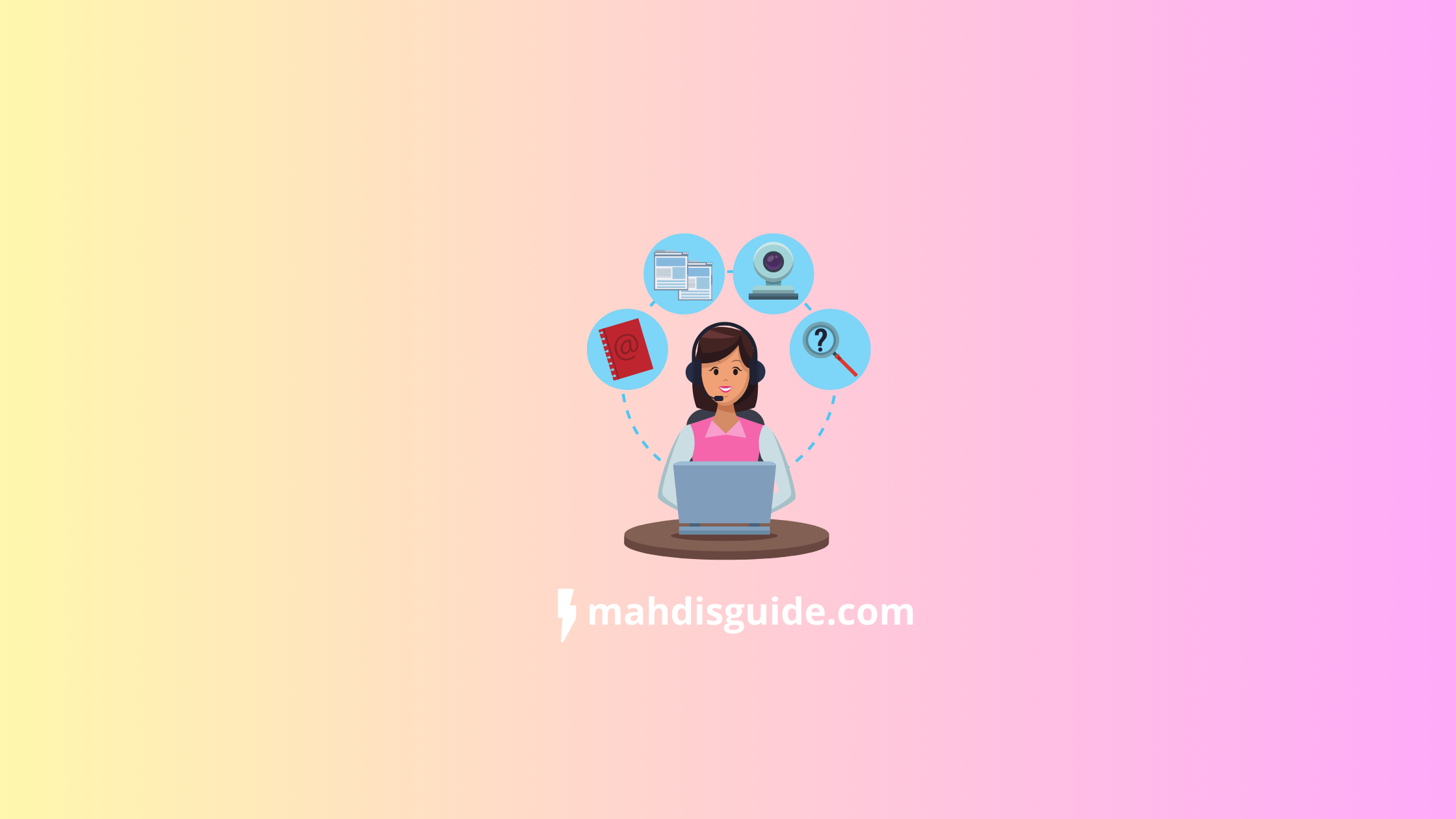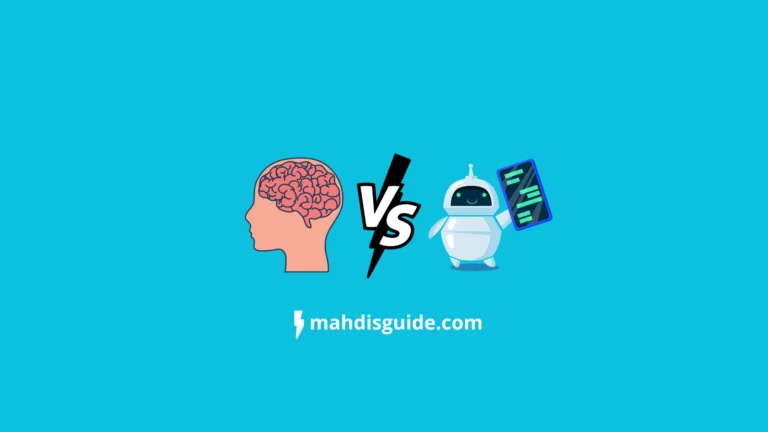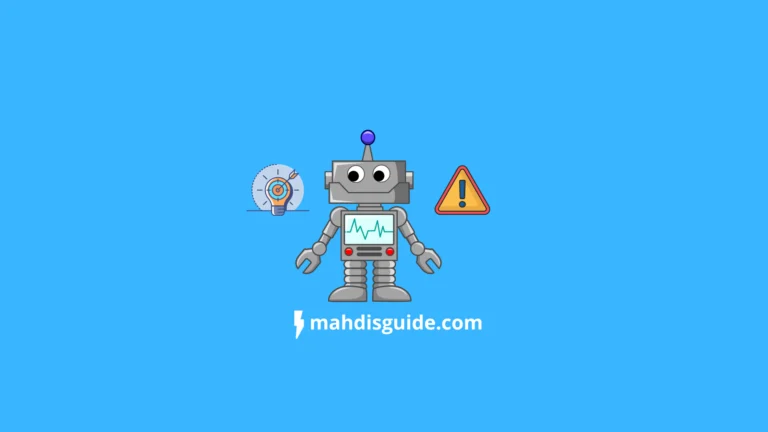The Rise of AI in Everyday Life: From Smart Homes to Virtual Assistants
Introduction
In the not-so-distant past, the idea of homes responding to our every need or having a personal assistant at our beck and call seemed like something out of a sci-fi fantasy. Fast forward to today, and we find ourselves amidst a technological revolution where Artificial Intelligence (AI) has seamlessly integrated into our everyday lives. From transforming our homes into intelligent living spaces to the rise of AI-powered personal concierges, this article explores how AI is reshaping our reality, offering unparalleled convenience and efficiency. Join us on a journey through the rise of AI, from smart homes to virtual assistants.

Smart Homes: Redefining Domestic Living with AI
The Evolution of Smart Home Technology
The concept of smart homes has evolved from a futuristic idea to a tangible reality. AI-driven devices and systems are now seamlessly integrated into our homes, transforming them into intelligent living spaces. Smart thermostats, lighting systems, and security cameras have become commonplace, offering homeowners unprecedented control and automation.
AI’s Role in Home Automation
AI plays a pivotal role in home automation by learning user preferences and adapting to individual lifestyles. Smart home devices equipped with AI algorithms can anticipate needs, adjust settings, and optimize energy usage, creating a personalized and energy-efficient environment. This not only enhances convenience but also contributes to sustainability efforts.
The Rise of Voice-Activated Assistants
Voice-activated AI assistants, such as Amazon’s Alexa and Google Assistant, have become central figures in smart homes. These assistants utilize natural language processing (NLP) and machine learning to understand and respond to verbal commands, allowing users to control various devices, ask questions, and even shop online using just their voice.
Virtual Assistants: The AI-Powered Personal Concierge
The Emergence of Virtual Assistants
Virtual assistants have transitioned from basic task managers to sophisticated AI-powered personal concierges. Whether it’s scheduling appointments, sending messages, or providing real-time information, virtual assistants have become indispensable in managing our daily lives.
If you’re an iPhone user or just you’re a tech fan, you can check our article about the best AI apps for iPhone. We already specified a lot of virtual assistant tools.
Natural Language Processing and Conversational AI
The advancements in Natural Language Processing (NLP) have been a game-changer in the development of virtual assistants. NLP allows these AI systems to understand context, tone, and user intent, enabling more natural and fluid interactions. This human-like communication is a key factor in the widespread adoption of virtual assistants.
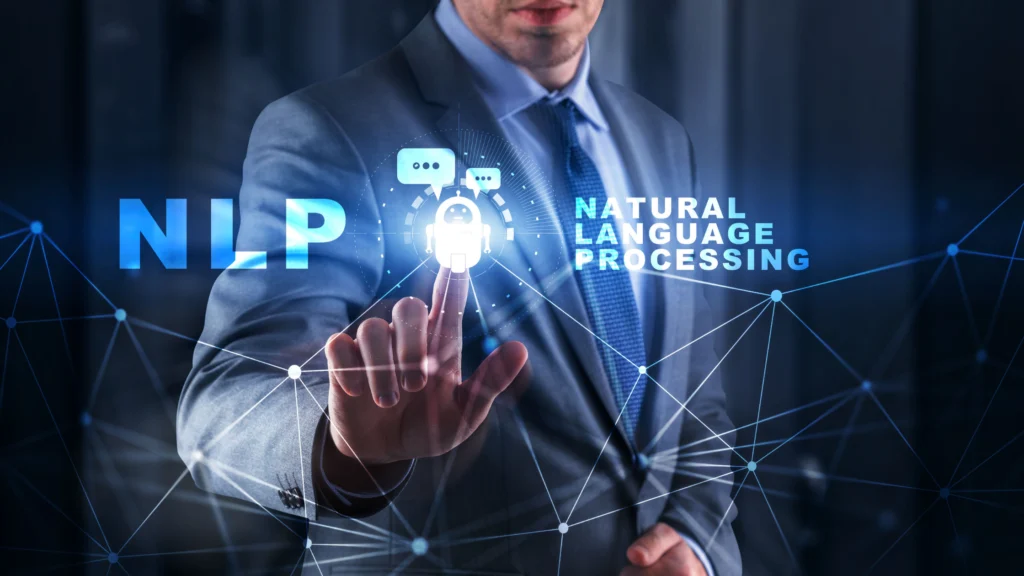
The Integration of Virtual Assistants into Everyday Devices
Virtual assistants are no longer confined to smartphones; they have permeated various devices, from smart speakers to cars and even refrigerators. This integration enhances accessibility, allowing users to interact with their virtual assistants seamlessly throughout their day.
AI in Healthcare: Improving Diagnosis and Treatment

AI’s Impact on Medical Diagnostics
The healthcare industry has embraced AI to enhance diagnostic accuracy and speed. Machine learning algorithms analyze medical data, including images and patient records, to identify patterns and potential health issues. This has the potential to revolutionize early detection and improve treatment outcomes.
Personalized Medicine and Treatment Plans
AI algorithms analyze vast amounts of patient data to create personalized treatment plans. This individualized approach considers genetic factors, lifestyle, and environmental influences, leading to more effective and targeted medical interventions. The era of personalized medicine is dawning, thanks to AI’s analytical capabilities.
Remote Patient Monitoring and Telehealth
AI-powered devices facilitate remote patient monitoring, allowing healthcare providers to track vital signs and gather real-time data. Telehealth platforms leverage AI to enhance virtual consultations, providing accessible and efficient healthcare services. This not only benefits patients in remote locations but also improves overall healthcare accessibility.
AI and Education: Transforming Learning Experiences
Adaptive Learning Platforms
AI has revolutionized education by providing adaptive learning platforms that cater to individual student needs. These platforms use machine learning to analyze students’ strengths and weaknesses, offering personalized learning paths and resources. This approach maximizes student engagement and comprehension.
AI in Language Learning and Skill Development
Language learning apps and skill development platforms leverage AI to provide interactive and personalized experiences. AI algorithms assess individual progress, adapt content based on performance, and offer targeted feedback. This not only accelerates learning but also makes education more accessible to a global audience.
Virtual Reality (VR) and AI in Educational Simulations
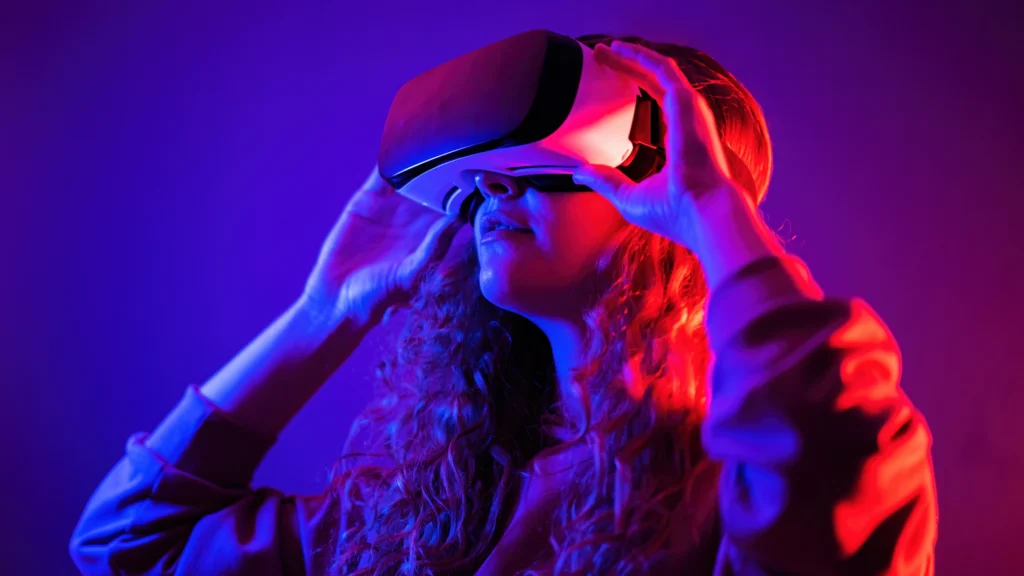
The combination of AI and Virtual Reality is transforming educational simulations. AI algorithms create dynamic and responsive virtual environments, enhancing hands-on learning experiences. From science experiments to historical reconstructions, students can immerse themselves in interactive educational scenarios.
The Ethical Considerations of AI in Everyday Life
Privacy Concerns and Data Security
The widespread adoption of AI raises concerns about privacy and data security. Smart devices and virtual assistants constantly collect and process user data, raising questions about who has access to this information and how it is used. Striking a balance between convenience and privacy becomes crucial.
Bias in AI Algorithms
AI algorithms, if not carefully designed, can perpetuate and amplify existing biases. In areas like hiring processes, facial recognition, and predictive policing, the potential for discrimination based on race, gender, or socioeconomic status is a significant ethical concern. Addressing and mitigating bias in AI systems is imperative for a fair and just society.
The Impact on Employment and Workforce Dynamics
There is a growing concern about job displacement and the changing nature of employment as artificial intelligence (AI) continues to do more and more to automate ordinary jobs. Artificial intelligence (AI) presents issues in terms of guaranteeing an equitable transition for workers who are harmed by automation, despite the fact that it opens new opportunities and redefines the skill needs. The responsible navigation of these changes is the responsibility of policymakers and industry leaders.
Conclusion
The rise of AI in everyday life signifies a transformative shift in how we live, work, and interact with the world around us. From the convenience of smart homes to the personalized assistance of virtual concierges, AI is enhancing our daily experiences. Embracing the potential of AI while addressing ethical considerations is essential to ensuring a future where technology serves humanity responsibly and inclusively. As we navigate this AI-powered landscape, it is crucial to strike a balance between innovation, privacy, and societal well-being, shaping a future where AI contributes positively to the fabric of our everyday lives.

